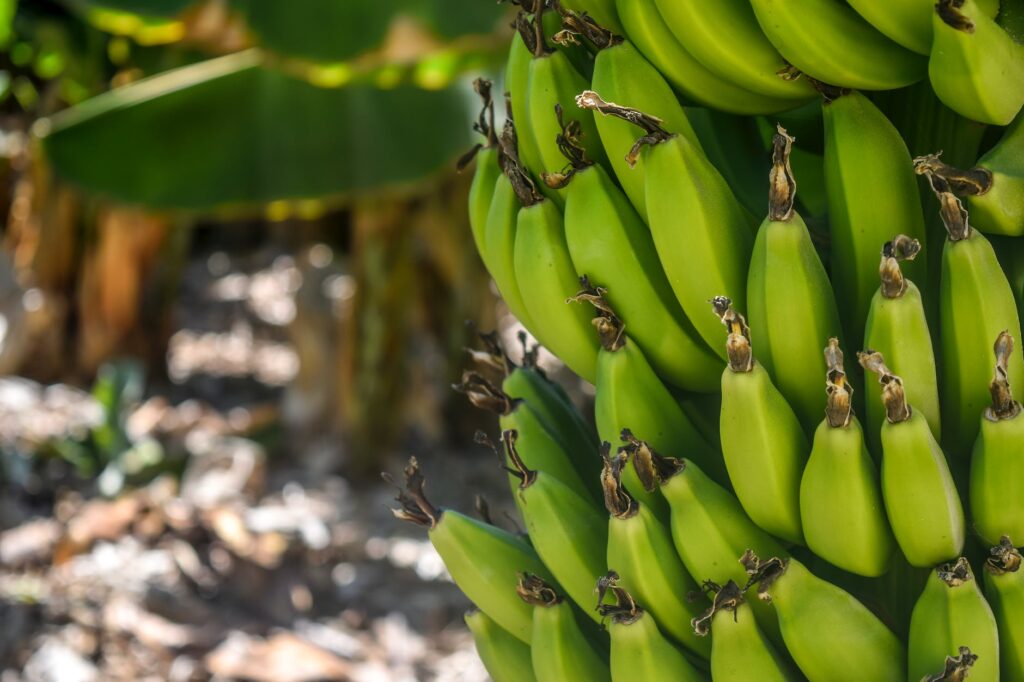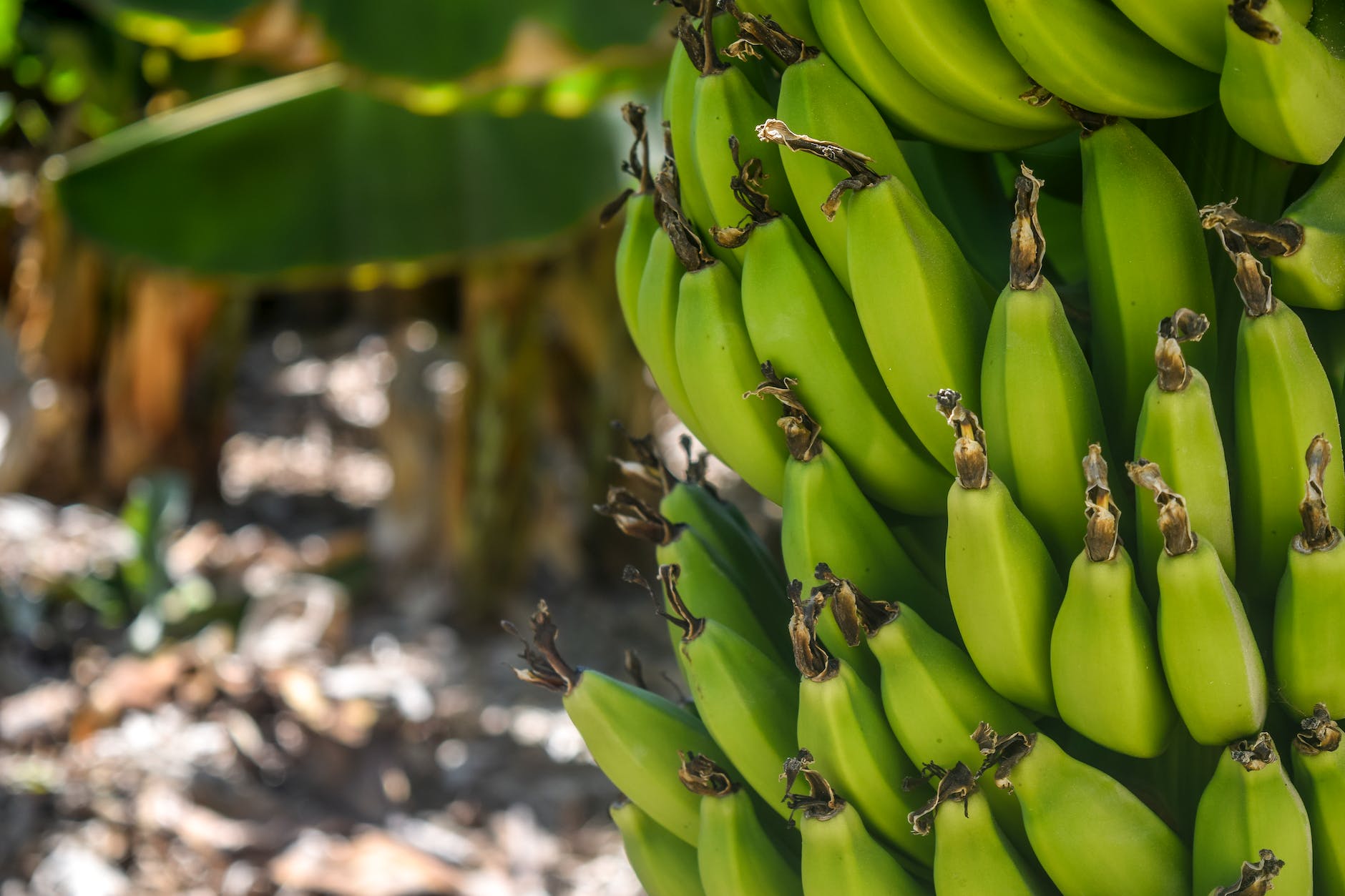
Introduction:
In the bustling world of agriculture, amidst discussions of fertilizers, crop yields, and environmental sustainability, one crucial element often flies under the radar: potassium. A recent study published in Nature Food sheds light on the alarming depletion of potassium in agricultural soils—a phenomenon that poses a significant but largely unrecognized threat to global food security. Led by researchers from UCL, University of Edinburgh, and the UK Center for Ecology & Hydrology, the study uncovers the dire consequences of neglecting this essential nutrient and offers insightful recommendations for mitigation.
The Importance of Potassium:
Potassium, often overshadowed by its more glamorous counterparts like nitrogen and phosphorus, plays a pivotal role in plant growth and development. From aiding in photosynthesis and respiration to regulating water uptake and nutrient transport, potassium is indispensable for maintaining optimal crop health and maximizing yields. However, despite its critical importance, potassium deficiency remains a pervasive issue in agricultural soils worldwide, with far-reaching implications for global food production.
Global Potassium Depletion:
The study reveals a concerning imbalance between potassium removal and replenishment in agricultural soils across the globe. With more potassium being extracted than added back, approximately 20% of agricultural soils face severe deficiency, with certain regions bearing the brunt of shortages. From South-East Asia to Sub-Saharan Africa, intensive agricultural practices exacerbate potassium depletion, posing a grave threat to food security for millions of people.
Challenges in Potassium Supply:
While farmers rely on potassium-rich fertilizers to address soil depletion, challenges abound in ensuring a steady supply. Potash, a primary source of potassium fertilizer, is subject to volatile market dynamics, with prices soaring to unprecedented heights in recent years. The study underscores the risks associated with market concentration, as a handful of countries dominate potash production, leaving vulnerable farmers at the mercy of fluctuating prices and geopolitical tensions.
Environmental Implications of Potassium Mining:
Beyond economic concerns, the environmental footprint of potash mining raises significant apprehensions. The extraction process yields vast quantities of sodium chloride salts, posing risks of soil salinization and water contamination. Moreover, the long-term effects of potassium fertilizer runoff on local ecosystems remain poorly understood, highlighting the urgent need for comprehensive research and sustainable practices.
Recommendations for Mitigation:
In light of these challenges, the researchers propose a series of recommendations aimed at safeguarding global food security and environmental sustainability. From establishing a global assessment of potassium stocks to promoting intergovernmental cooperation through the UN, the recommendations advocate for a holistic approach to potassium management. Emphasizing the importance of research, monitoring, and policy coordination, these measures offer a roadmap for addressing potassium depletion and its far-reaching consequences.
Conclusion:
As the world grapples with the complexities of feeding a growing population amidst environmental pressures, addressing the silent threat of potassium depletion emerges as a pressing imperative. By prioritizing potassium management, adopting sustainable practices, and fostering global cooperation, we can safeguard food security, mitigate environmental risks, and pave the way for a more resilient agricultural future.
References:
- Brownlie, W. J., et al. (2024). Global Food Security Threatened by Potassium Neglect. Nature Food. DOI: 10.1038/s43016-024-00929-8. www.nature.com/articles/s43016-024-00929-8

